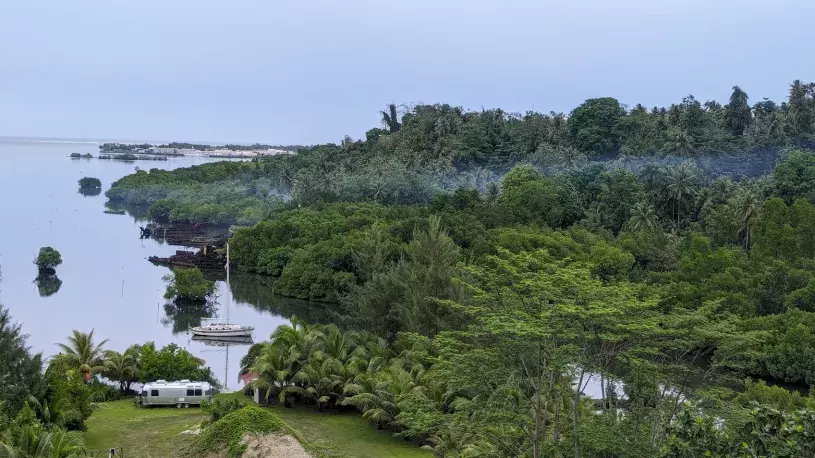
More than 50 people die prematurely in the Federated States of Micronesia (FSM) each year due to the effects of pollutants from cooking with inefficient and smoky cooking stoves. This rate of death is equal to that of India and surpasses China's death rate, even though FSM only has a population of 113,000. Recognizing the urgency of the situation, the government of FSM has funded the Assessing the Barriers and Enablers for Clean and Efficient Cooking Solutions in the Federated States of Micronesia through the Sustainable Energy Sector Development and Access Project.
As part of this initiative, the Assessing the Barriers and Enablers for Clean and Efficient Cooking Solutions in the Federated States of Micronesia project, undertaken in collaboration with the East-West Center and College of Micronesia – FSM (COM-FSM), aims to comprehensively study the barriers and enablers of adopting clean and efficient cooking solutions. The EWC’s Research Program and Pacific Islands Development Program will drive the efforts, conducting implementation science-oriented surveys, mentoring students and interns, and creating innovative outreach campaigns in partnership with COM-FSM. The overarching goal is not only to identify barriers but also to raise public awareness about the critical importance of transitioning to cleaner cooking practices.
The current prevalence of ailments such as Chronic Obstructive Pulmonary Disease, cardiovascular disease, adverse pregnancy outcomes, low birth weight, and eye diseases is linked to smoke from cooking fires, primarily affecting those in remote outer islands who rely on traditional fuels like wood and coconut husks. Women and young children are disproportionately burdened by the associated health risks. Despite Household Air Pollution (HAP) being identified as the 8th worst public health risk factor, it has remained an understudied and rarely addressed issue in FSM and other parts of Oceania.
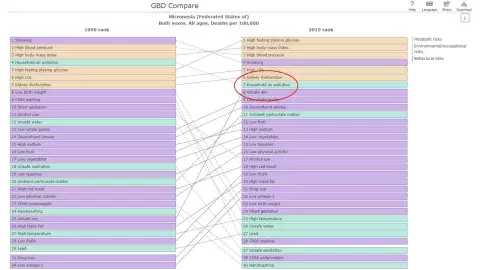
By shedding light on this problem and implementing practical solutions, the project not only addresses immediate health concerns but also contributes to the long-term well-being of FSM's population. Through collaborative research, awareness campaigns, and the promotion of cleaner cooking alternatives, the initiative strives to mitigate health risks and improve the overall quality of life for the people of Micronesia.
Project Team
Sumeet Saksena, Senior Fellow
Sandeep Kandikuppa, Fellow
Mary Therese Perez Hattori, Director of the Pacific Islands Development Program
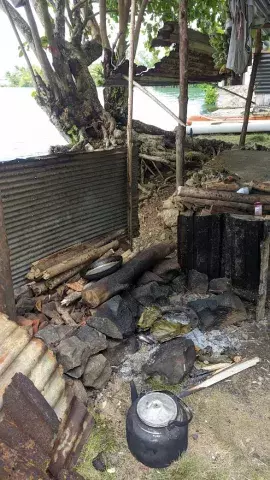
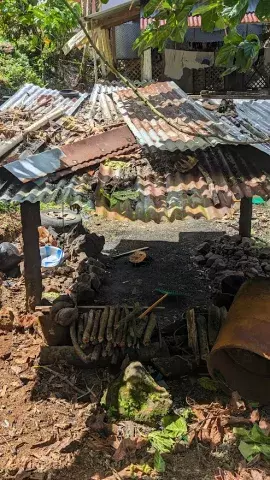
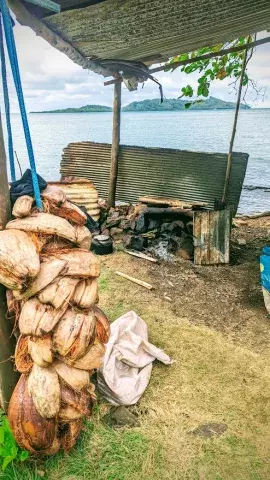
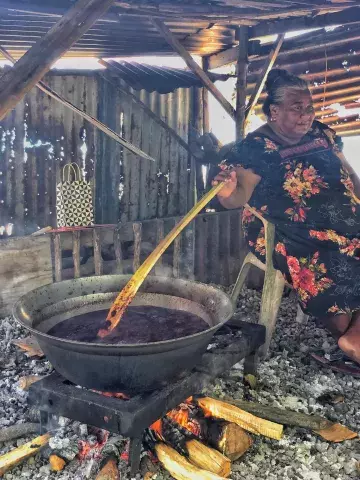
Credit: Sidney Nanpei 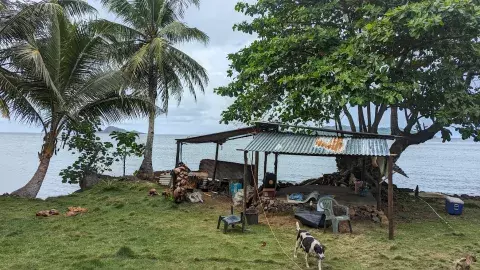
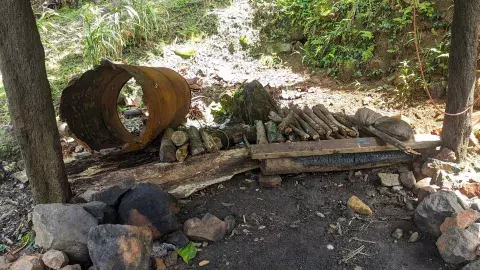
More than 50 people die prematurely in the Federated States of Micronesia (FSM) each year due to the effects of pollutants from cooking with inefficient and smoky cooking stoves. This rate of death is equal to that of India and surpasses China's death rate, even though FSM only has a population of 113,000. Recognizing the urgency of the situation, the government of FSM has funded the Assessing the Barriers and Enablers for Clean and Efficient Cooking Solutions in the Federated States of Micronesia through the Sustainable Energy Sector Development and Access Project.
As part of this initiative, the Assessing the Barriers and Enablers for Clean and Efficient Cooking Solutions in the Federated States of Micronesia project, undertaken in collaboration with the East-West Center and College of Micronesia – FSM (COM-FSM), aims to comprehensively study the barriers and enablers of adopting clean and efficient cooking solutions. The EWC’s Research Program and Pacific Islands Development Program will drive the efforts, conducting implementation science-oriented surveys, mentoring students and interns, and creating innovative outreach campaigns in partnership with COM-FSM. The overarching goal is not only to identify barriers but also to raise public awareness about the critical importance of transitioning to cleaner cooking practices.
The current prevalence of ailments such as Chronic Obstructive Pulmonary Disease, cardiovascular disease, adverse pregnancy outcomes, low birth weight, and eye diseases is linked to smoke from cooking fires, primarily affecting those in remote outer islands who rely on traditional fuels like wood and coconut husks. Women and young children are disproportionately burdened by the associated health risks. Despite Household Air Pollution (HAP) being identified as the 8th worst public health risk factor, it has remained an understudied and rarely addressed issue in FSM and other parts of Oceania.

By shedding light on this problem and implementing practical solutions, the project not only addresses immediate health concerns but also contributes to the long-term well-being of FSM's population. Through collaborative research, awareness campaigns, and the promotion of cleaner cooking alternatives, the initiative strives to mitigate health risks and improve the overall quality of life for the people of Micronesia.
Project Team
Sumeet Saksena, Senior Fellow
Sandeep Kandikuppa, Fellow
Mary Therese Perez Hattori, Director of the Pacific Islands Development Program




Credit: Sidney Nanpei 


